As ranking for search engine top results pages becomes more competitive, website owners strive to ensure that Google indexes their web pages. In fact, most website owners and outsourcing SEO agencies go to great lengths to avoid the risk of being deindexed doing the right strategic deindexing.
When striving to enhance your presence on search engine results pages, the temptation often arises to index as many web pages on your site as feasible. True enough, this approach frequently yields positive results. However, this strategy may not always maximize your traffic potential.
In some cases, excluding certain pages from a search engine’s index can prove more advantageous for your rankings. Google deindexing aims to channel traffic toward pertinent pages while preventing less relevant ones from appearing in the search results.
What Does Strategic Deindexing Mean?
WordPress ensures that each post and page is included in the index by default. When a web page is indexed, it means that the search engine has crawled and cataloged it, making it available for inclusion in search engine results pages (SERPs).
a
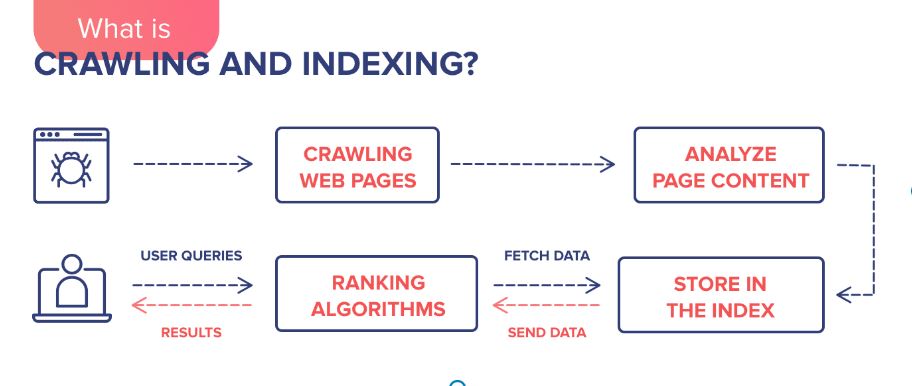
This image is taken from BiQ Cloud.
In contrast, deindexing refers to the deliberate removal of a web page from a search engine’s index or database. Deindexing is typically achieved through methods like:
- using the “noindex” meta tag in the HTML code of a web page
- using the “robots.txt” file to block search engine crawlers
- submitting removal requests directly to search engines through webmaster tools
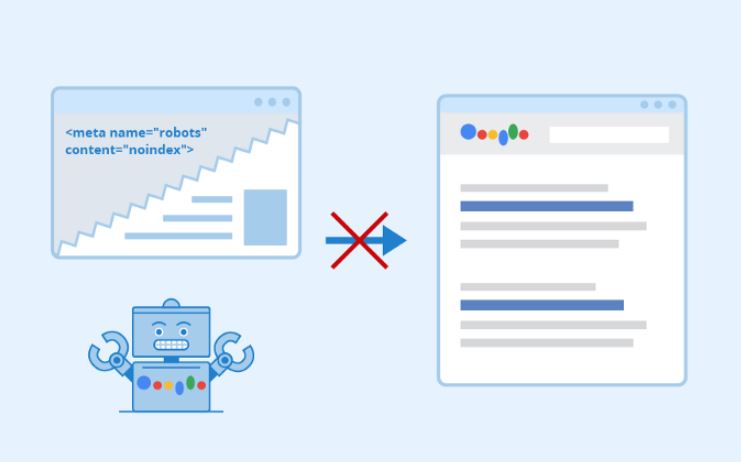
This image is taken from Google.
After deindexing, the page will remain accessible to the public on your website. The search engines will still crawl the page, but theoretically, it won’t be included in the index. Note the word ‘theoretically’ because some search engines may still decide to index the page despite the no-index tag.
Google deindexing is a useful strategy for SEO services Philippines to control which pages appear in search results. This also ensures that only the most relevant and valuable content is accessible to search engine users.
Rationale Behind Strategic Deindexing
Indexing relevant pages is beneficial since it can increase your visibility on Google, leading to more clicks and increased traffic. However, permitting non-essential parts of your blog or website to be indexed may have adverse effects rather than positive ones.
Deindexing is typically done for various reasons.
- Relevance: When a web page is no longer relevant to a website’s content or the interests of its target audience, it may be deindexed to prevent it from appearing in the SERPs.
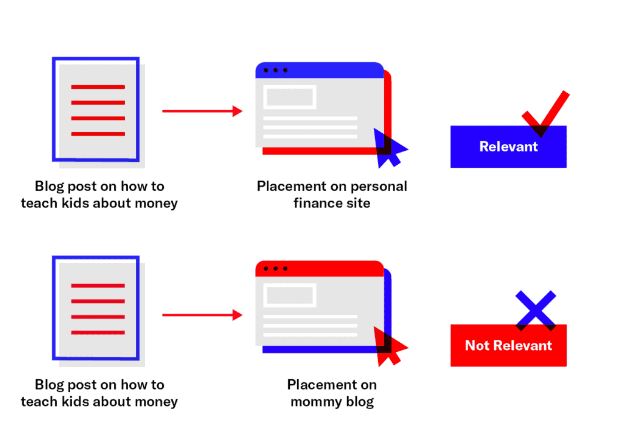
This image is taken from BiQ Cloud.
- Quality: Deindex pages with poor-quality content or duplicate content, as these add little to no value to improve the overall quality of a website’s indexed pages.
- Security: Deindex from Google those pages with private or confidential information. You should also deindex login pages or admin sections to protect sensitive information from being publicly accessible through search engines.
- Temporary Pages: Pages under construction or not ready for public viewing may be deindexed until they are complete and valuable to visitors.
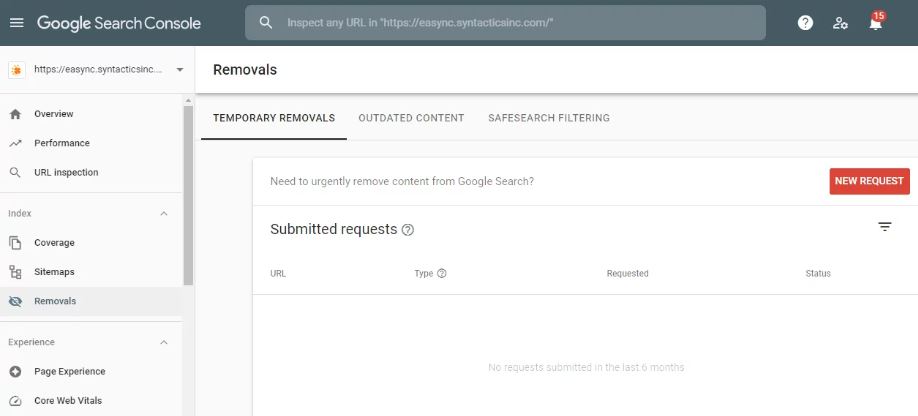
This image is taken from Google.
- SEO Strategy: In some cases, webmasters or SEO professionals may strategically deindex certain pages to focus a search engine’s attention on more important or relevant pages, optimizing the website’s performance in search results.
In optimizing your website’s SEO performance, understanding the best practices for determining which pages not to index is crucial. By thoughtfully identifying pages to exclude from search engine indexing, you can effectively allocate a crawl budget, elevate user experience, and uphold the overall site quality.
Pages to Deindex
- Outdated Content: This could include blog posts from a few years back that aren’t in sync with today’s news or trends. Consider keeping them hidden from search engines for now and indexing them later when you plan to update them.
- Irrelevant Pages: If a page lacks relevance to your website’s content or isn’t expected to interest your visitors, there’s no justification for including it in the index. This category may encompass pages like login pages, error pages, and internal pages exclusively utilized by administrators.
- Duplicate Content: Google’s algorithm penalizes websites featuring duplicated content. If you offer the same content to visitors in multiple formats, it’s advisable to ensure that only one format is visible for indexing. Employ canonical tags to specify the preferred version and avert issues with duplicate content.
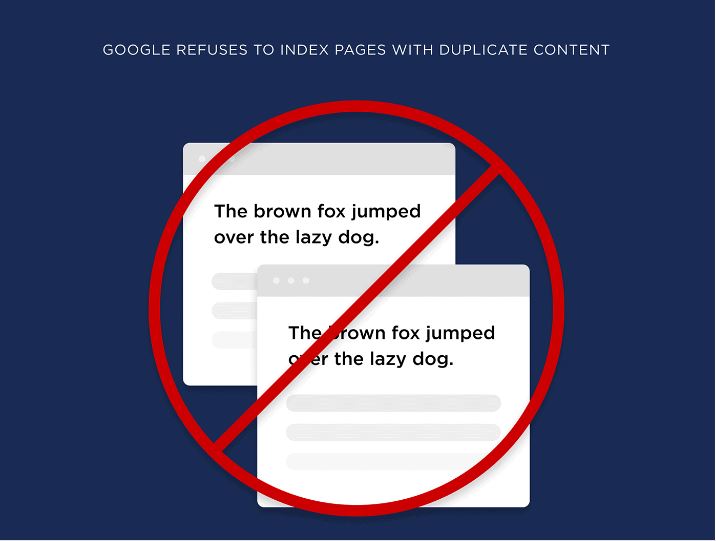
This image is taken from Backlinko.
- Gated Content: Gated content is only accessible to users after they submit a form or provide specific information. An example is when a user finds an e-book that interests them but must provide their name and email to download it. This constitutes gated content. After submitting the form, they’re usually redirected to a thank-you page where they can access the offer.
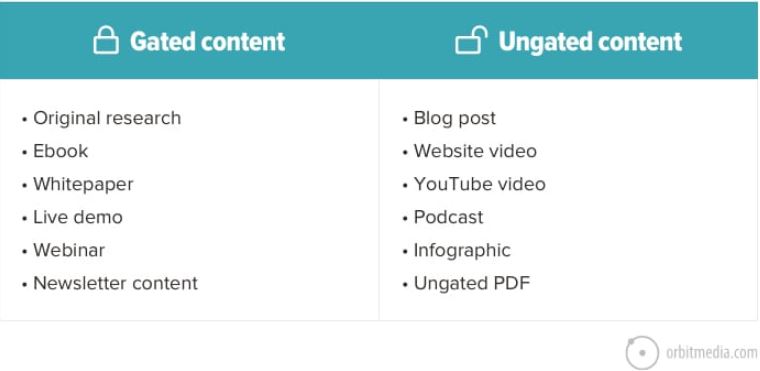
This image is taken from Orbit Media Studios.
It’s essential to deindex pages containing gated content to prevent individuals from landing on the thank-you page before providing their information.
- Private or Confidential Pages: It is imperative not to include pages containing sensitive or confidential information in the index. Implement robust authentication and access controls to safeguard these pages effectively.
- Session ID or URL Parameters: Pages featuring session IDs or excessive URL parameters may generate numerous duplicate URLs. Utilize URL canonicalization methods or robots.txt to prevent the indexing of unnecessary variations.
- Internal Search Result: If too many internal search pages have to be crawled, but the algorithm only finds a few useful, it may affect how search engines perceive your overall site quality. Deindexing the internal search result will optimize the crawl budget and index bloat.
Decisions about which web pages to index are vital for SEO and website management. Here are some additional guidelines for determining which pages should not be indexed:
- Consider your audience: Work with content marketing agencies in the Philippines to reflect on the content your visitors seek. If a page lacks relevance to their interests, there’s no justification for indexing it.
- Utilize your analytics: Examine your website’s analytics data to identify the most popular pages. These are the ones that should be a priority for indexing.
- Seek input from your visitors: Engage visitors to understand their content preferences. The feedback you receive can assist in determining which pages to include in the index and which ones to exclude.
Work with a Professional SEO and Web Developer Company
Strategic deindexing underscores the importance of a nuanced and thoughtful approach to website management. Recognizing that not all web pages should be indexed allows for more refined control over a site’s visibility on search engines. By carefully selecting which pages to exclude from indexing, businesses and website owners can enhance their SEO efforts, improve user experience, and safeguard sensitive information.
Deindexing web pages can vary in difficulty depending on the complexity of a website and the specific reasons for deindexing. In many cases, it’s a straightforward process that website owners or administrators can handle using techniques like adding a “noindex” meta tag or using the “robots.txt” file to block indexing.
However, when deindexing pages, there’s a risk of negatively impacting your website’s SEO performance if not done correctly. SEO agencies can minimize this risk by ensuring that important and relevant pages remain indexed, preventing a loss in search engine visibility.
An SEO outsourcing company has experienced professionals who understand the nuances of search engine indexing and deindexing. They can assess your website’s specific needs and apply the right strategies effectively.
Elevate your website’s performance and enhance your rankings with Digital Marketing Philippines, a trusted SEO agency Philippines. Boost your online visibility and engage your target audience effectively with our top-notch digital marketing services.
Contact us today for tailored solutions that will help you rank at the top of search engine results.
References:
https://www.smartbugmedia.com/blog/why-would-you-want-to-de-index-a-page
https://moz.com/community/q/topic/64870/best-practices-for-types-of-pages-not-to-index
aahttps://biq.cloud/blog/how-to-deindex-pages-from-google/
https://neilpatel.com/blog/deindex-your-pages/
https://www.goinflow.com/blog/should-internal-search-urls-be-indexed/
Jomer B. Gregorio is a well-rounded expert when it comes digital marketing. Jomer is also known as a semantic SEO evangelist and practitioner. Check out our Digital Marketing Services today and let us help you in achieving positive and profitable results for your business.
